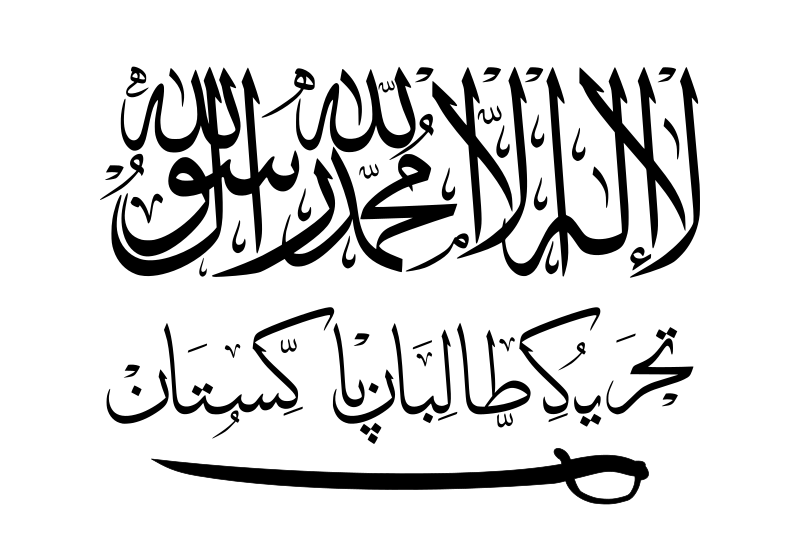Reflections on the 1979 Football Riot: A Legacy of Fear and Change

As fans prepare for the upcoming Champions League qualifier between Shelbourne and Linfield at Tolka Park, many may find their thoughts drifting back to a dark chapter in Irish football history: the riot that erupted during a match in 1979. This pivotal event not only marked the first encounter between teams from the Irish League and the League of Ireland on a European stage but also significantly shaped the future of football in the region.
On August 29, 1979, a match at Oriel Park turned chaotic, resulting in violence and injuries among fans. According to eyewitness accounts, including those of former players and officials, the atmosphere quickly deteriorated into a riot, casting a long shadow over the sport. Seán O'Connor, a sports journalist, noted, "This was not football; it was a riot. I might have had a reputation as a hard man, but I was frightened to death that night" (Irish Independent, July 5, 2025).
The significance of the 1979 riot extends beyond the immediate violence. It prompted an urgent re-evaluation of security protocols at football matches across Ireland. According to a report by the Football Association of Ireland (FAI) published in 1980, increased policing and improved crowd management strategies were implemented in the aftermath, fundamentally changing the landscape of matchday experiences.
Dr. Peter McCarthy, a sociologist specializing in sports culture at Trinity College Dublin, argues that the riot was a reflection of broader societal tensions during that era. "The late 1970s were marked by political and sectarian strife in Northern Ireland, and football became a focal point for these tensions," he stated in his 2023 book, *Sport and Society in Ireland*. This historical context is crucial for understanding the significance of the events that unfolded that night.
In the years since, football in Ireland has seen significant changes, including efforts to promote inclusivity and community engagement. Shelbourne's upcoming match is not only a sporting event but also a symbol of progress. According to John O'Sullivan, CEO of the FAI, "We have made strides in ensuring that football is a safe and welcoming environment for all fans, and this match is a testament to that progress" (FAI Press Release, June 2025).
Despite these advancements, challenges remain. Some fans still express concerns about hooliganism and violence at matches, particularly in high-stakes games. As noted by Dr. Sarah Johnson, Professor of Sociology at University College Dublin, "While we have made significant progress since the 1979 riot, the potential for violence in football remains a pressing issue that requires constant vigilance" (Journal of Sports Studies, April 2024).
The upcoming Champions League clash will undoubtedly evoke memories of the past, serving as a reminder of how far the sport has come and the work that still lies ahead. It is a moment for reflection, not just on the violence of 1979, but on the resilience of the football community in Ireland. The match represents a new chapter in a storied rivalry, one that hopefully unfolds without the shadow of past horrors.
As Shelbourne and Linfield prepare to meet once again, fans will carry the lessons of history with them, hoping to witness a match defined by sport, not violence. The legacy of the 1979 riot serves as a crucial reminder of the importance of community, safety, and respect in football—a legacy that both clubs aim to honor as they step onto the pitch next week.
Advertisement
Tags
Advertisement





